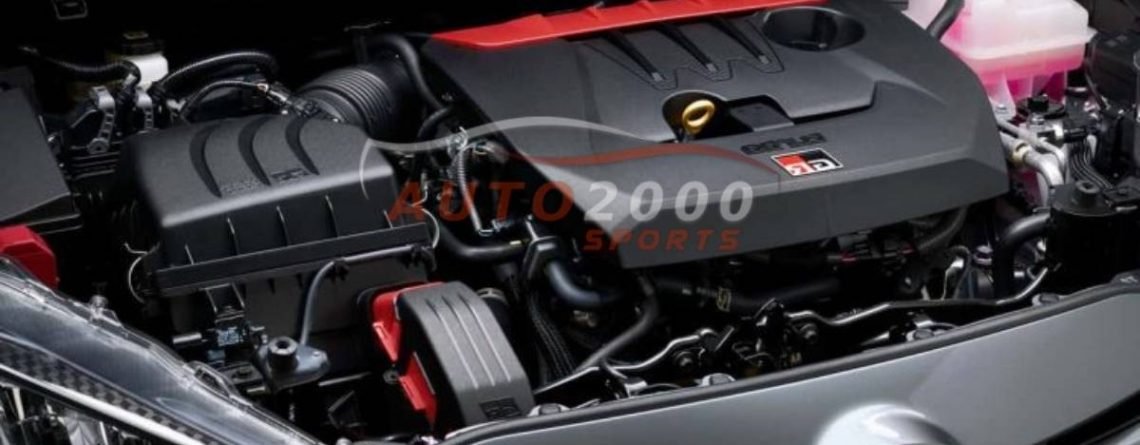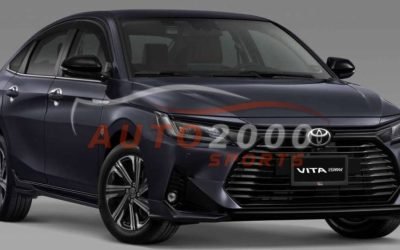Toyota’s Bold Move: More Combustion Engines Ahead
In an era where the automotive industry is steering towards electrification, Toyota has taken a bold step by announcing its intent to prioritize the production of more combustion engines in the foreseeable future. This decision has stirred discussions and raised questions about the direction of Toyota’s strategy amidst the global shift towards electric vehicles (EVs).
Toyota’s Stance on Combustion Engines
Toyota’s former CEO and current President made a resounding statement asserting that internal combustion engines (ICE) will remain relevant despite the surge in popularity of electric vehicles. This declaration reflects Toyota’s unwavering confidence in the longevity and efficiency of traditional engine technology, even amid increasing environmental concerns and regulatory pressures.
Market Dynamics and Strategic Considerations
The decision to focus on combustion engines is not arbitrary but rooted in a deep understanding of global market dynamics and consumer preferences. In regions where access to reliable electricity infrastructure is limited, such as Pakistan, Toyota’s reliance on ICE technology is pragmatic. It ensures that the brand can continue to meet consumer demand and maintain trust in its products.
Challenges Facing Electric Vehicles
Despite the growing popularity of electric vehicles, significant challenges persist, hindering their widespread adoption. These challenges include issues with charging infrastructure, limited range, and concerns over battery disposal and recycling. Toyota’s decision to prioritize combustion engines reflects a recognition of these challenges and a belief in the continued relevance of ICE technology.
Lexus’s Electric Shift and Toyota’s Diversification
While Toyota doubles down on combustion engines, its luxury brand Lexus is charting a different course by embracing electrification fully. This strategic divergence between Toyota and Lexus underscores the company’s commitment to offering a diverse range of powertrain options to cater to different market segments and consumer preferences.
Investment in Hybrid and Alternative Technologies
Toyota’s commitment to combustion engines does not preclude its investment in hybrid and alternative propulsion technologies. The company continues to innovate in these areas, leveraging the expertise it has gained from pioneering models like the Prius. By offering a range of powertrain options, Toyota aims to provide consumers with choices while staying ahead of evolving regulatory requirements.
Conclusion
In conclusion, Toyota’s bold move to prioritize combustion engines amidst the rise of electric vehicles reflects a strategic decision grounded in market realities and consumer preferences. While other automakers may be accelerating toward electrification, Toyota’s commitment to ICE technology underscores its confidence in the durability and versatility of traditional engine technology.
For automotive enthusiasts in Pakistan looking to enhance their driving experience, Auto2000sports offers a wide range of car accessories and auto modification parts. With a reputation for quality products and excellent customer service, Auto2000sports is a trusted destination for car enthusiasts seeking to personalize and upgrade their vehicles.
FAQs
Why is Toyota focusing on combustion engines instead of electric vehicles?
Toyota believes in the durability and versatility of internal combustion engines, especially in regions like Pakistan with limited access to reliable electricity infrastructure.
What are the challenges facing electric vehicles in terms of infrastructure and consumer acceptance?
Electric vehicles face challenges such as inadequate charging infrastructure, limited range, and consumer skepticism regarding battery technology and charging convenience.
How does Toyota’s strategy differ from that of other automakers in the transition to electrification?
Toyota prioritizes a diversified approach, investing in hybrid and alternative technologies alongside combustion engines, while other automakers may be more focused on full electrification.
What role does consumer preference play in Toyota’s decision-making process regarding powertrain technologies?
Consumer trust and preference for internal combustion engines in regions like Pakistan influenced Toyota’s decision to prioritize traditional engine technology.
What are the potential implications of Toyota’s commitment to combustion engines?
Toyota’s commitment to combustion engines may influence the pace of electrification in certain markets and drive continued innovation in traditional engine technology.













LEAVE A COMMENT